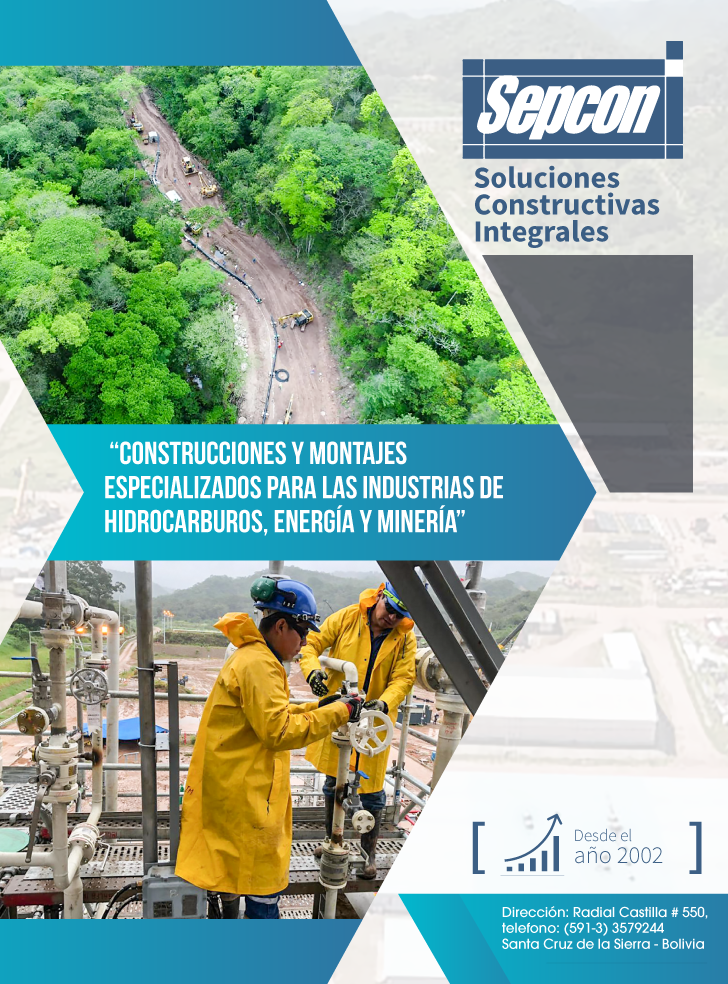A possible agreement between Bolivia, Mexico, Peru, Argentina and Chile, regarding to lithium, could have a significant impact on the price of this raw material in the global market.
ISSUE 106 | 2022
Raúl Serrano
The former Minister of Government during Evo Morales´ administration, Hugo Moldiz Mercado, said that Bolivia, Peru, Argentina, Chile and Mexico are analyzing the possibility of combining efforts and building an agreement that is still in the making, but if it materializes, it could have a significant impact on the price of lithium in global markets.
“These countries could establish something like OPEC for lithium, but that is still a possibility. However, the negotiations between these countries are at an initial stage yet”, he said, specifying that there is no doubt that transnational companies will try to avoid this association of lithium exporting countries because, without a strong unity; they would have more possibilities of obtaining benefits of the lithium industry, which has begun to become a remarkable variable in the geopolitical dispute over natural resources, in the midst of a reconfiguring process towards the new world order.
“There is a concrete challenge towards creating agreements around lithium,” he said, highlighting that in other spheres, there are integration initiatives such as a Common South American Market (MERCOSUR) and the Community of Latin American and Caribbean States (CELAC) that keep priorities around a Latin American integration, although until now, and according to several experts, most of these integration processes have not achieved convincing results in terms of common ties in the region; generating criticism for its bureaucracy and lack of effectiveness.
SETTING COMPETITIVE PRICES
Moldiz considers that an agreement between Bolivia, Mexico, Peru, Argentina and Chile, could be useful to determine competitive prices for Latin American lithium in the world market, assuring that this would be a great achievement. “I think that there is the political will to move forward in that direction,” he said, considering that Bolivia has the largest reserves of lithium-brine in the world, an aspect that plays absolutely in favor of the country.

“…There is the necessary establishment and political organization in Bolivia to face negotiation processes together with the experience accumulated in the last 14 years…”

For Moldiz, the actual challenge should be focused on fostering collaborative actions to determining prices and a market share that, in isolation, would be more complex for Bolivia.
Moldiz believes that this is just the beginning for the lithium market, and it will be determined by the quality of the products that can be extracted, but also by the volume, ensuring that this natural resource has become a key factor in changing the energy matrix.
In this context, the lithium industry has a leading role in the global geopolitical framework, which is determined by the hegemonic control and management of strategic natural resources such as lithium, as a circumstantial element of power towards the energy transition and new technological paradigms worldwide.
UNDER THE STATE UMBRELLA
He was asked about whether the lithium strategy in Bolivia should pass under the state umbrella, or not, and he said that: “We are far away from those governments that handed over our natural resources in exchange for nothing. Now, the State is the owner of these natural resources. We need to establish a strategic alliance with external capital that can be private or public-private, as is the case with Russian or Chinese companies, but this has to do fundamentally with a trilogy: investment, technology and market, that will be at least around 7 billion dollars.
He denied that this proposed trilogy is diluting conceptual categories at odds with international capital and highlighted the importance of doing business based on national welfare.
In this context, he was optimistic about the policy of regional agreements that can be established around the exploitation of lithium in Latin America, assuring in addition, that there is the necessary establishment and political organization in Bolivia to face negotiation processes together with the experience accumulated in the last 14 years

“…the lithium industry has a leading role in the global geopolitical framework, which is determined by the hegemonic control and management of strategic natural resources…”
